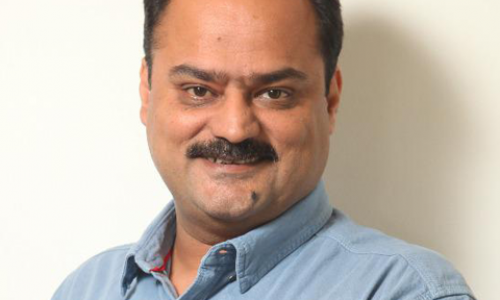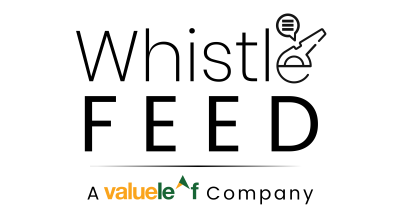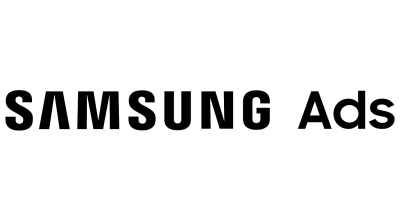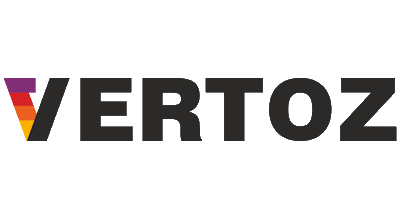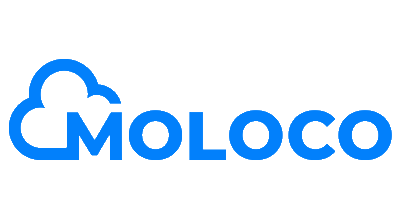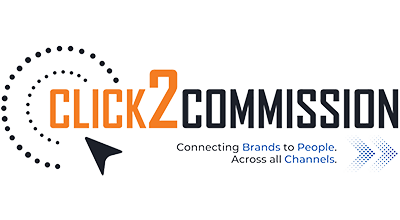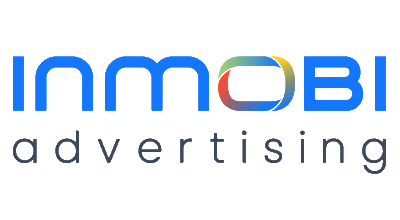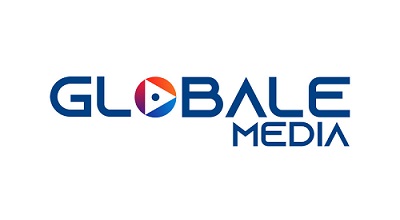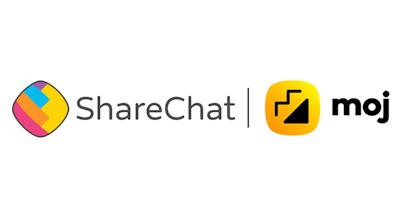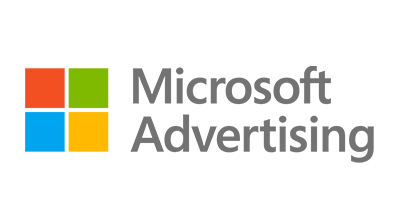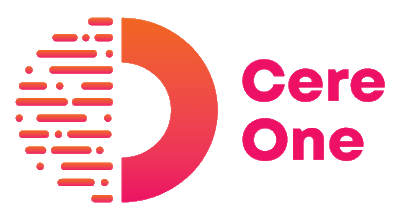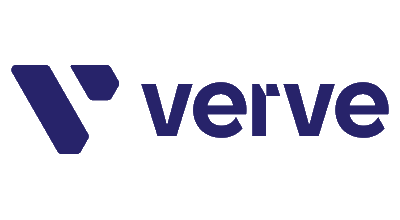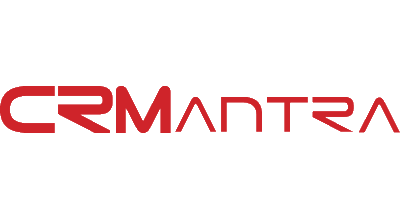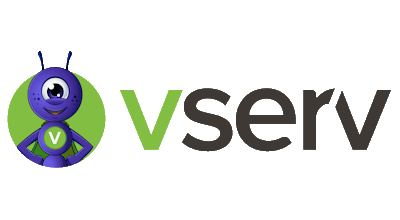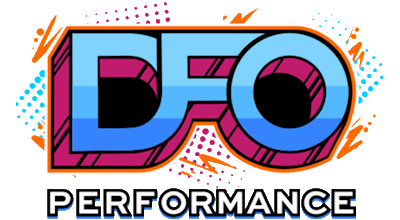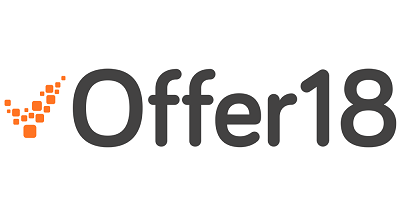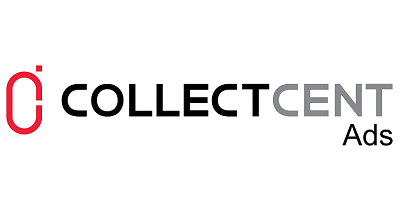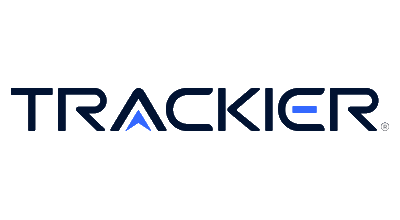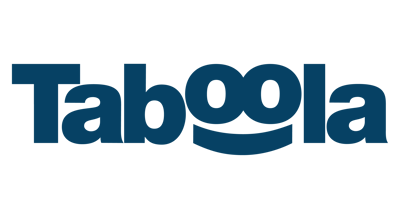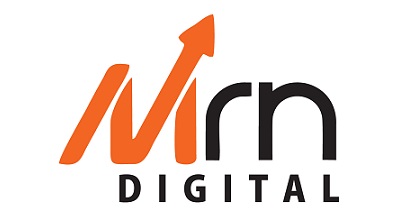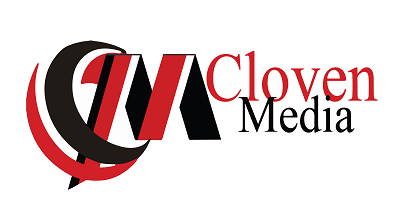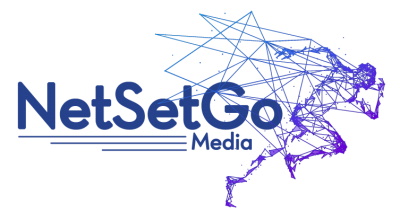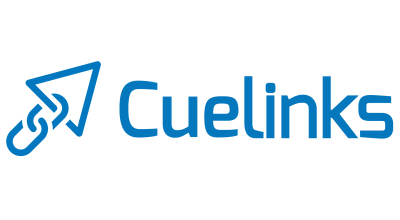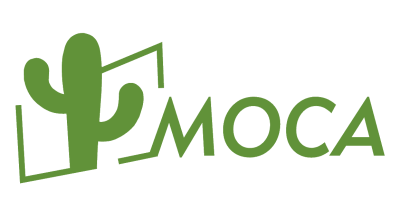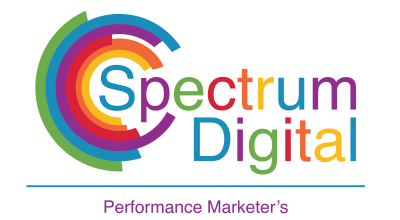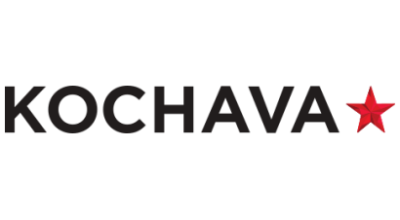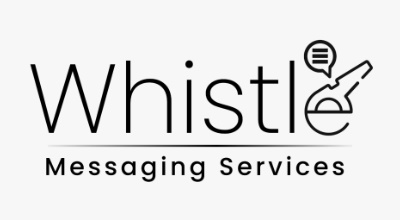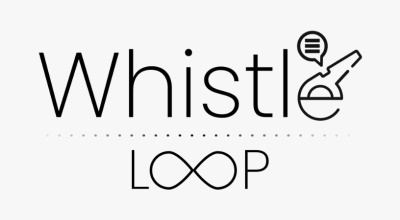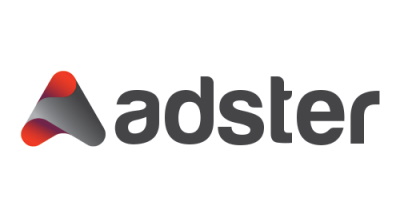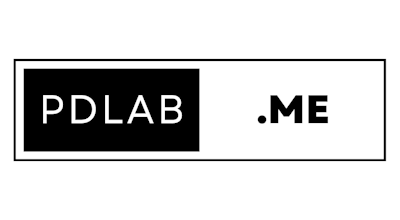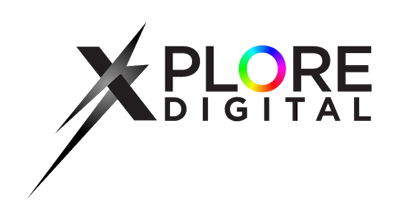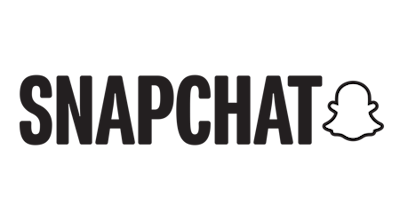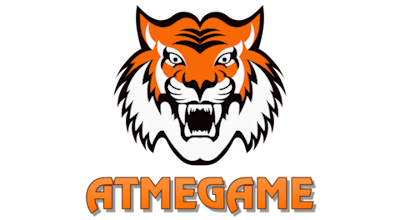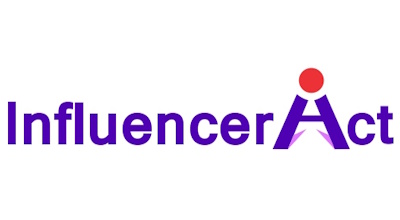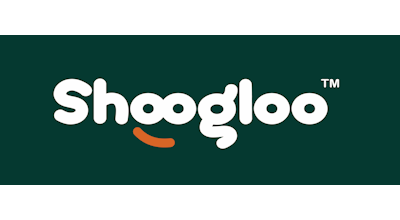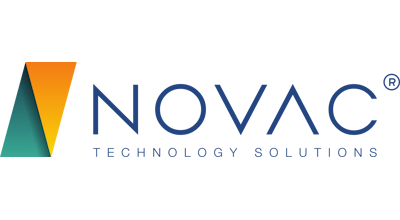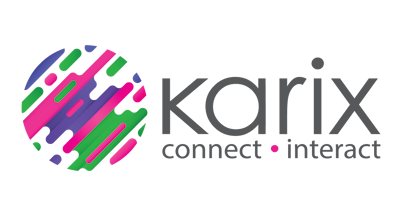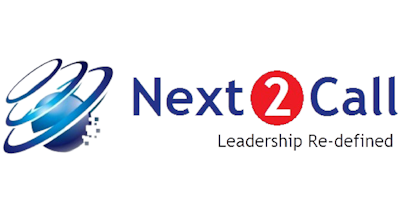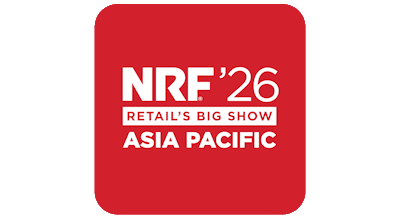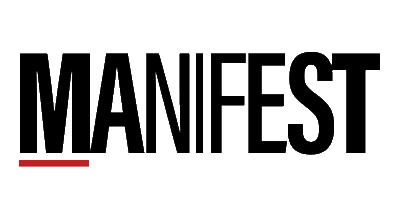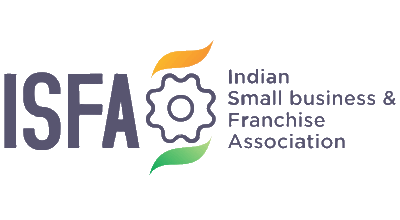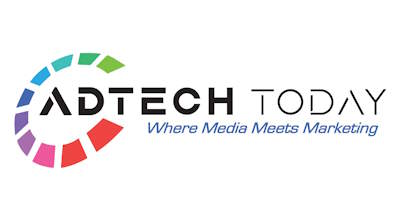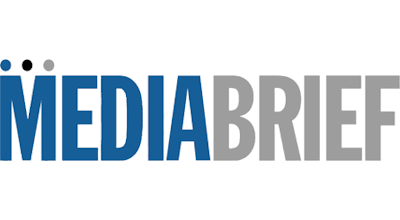1. You’ve had a magnificent career with some of the biggest brands globally. What was your biggest pull to join Royal Enfield, and how has the journey been so far?
Indeed, I have been fortunate to work with some of the world’s most valuable brands alongwith the best minds in brand building. I also got the opportunity to create some of the most iconic platforms and campaigns in diverse areas such as sports promotion, creation and launch of sports leagues, growing digital payments, marketing consumer packaged goods to win share and create new categories etc.
My belief is that great brand building is about shaping society and building culture .In that regard, I think there are hardly any brands comparable to Royal Enfield in terms of heritage, pedigree, core following, active community, distinctiveness and impact.
Royal Enfield is an experiential brand and it is community focused. Beyond most conventional marketing methods it has managed to build a coalition of the brand acceptors and evangelists. It does things that are innovative and definitional rather than safe and banal. It is also rapidly gaining ground – both mindshare and market share- across the world.
It is a global brand – and flourishing in every part of the world – growing from strength to strength. It is present in more than 50 countries across the world
The visionary and consistent leadership of our M.D., Mr Siddhartha Lal, is evident in every part of our business and he has steered the brand to an exceptional position of strength.
2. Royal Enfield is called the ‘oldest global motorcycle brand in continuous production.’ However the appeal is still strong with all segments of bikers. Is this due to your continuous innovation on product, still bearing in mind the legacy, or is it the marketing?
That Royal Enfield the ‘oldest global motorcycle brand in continuous production’ bears testimony to its strength and resilience , as a brand
The product is certainly at the heart of any successful brand – if the product is not good enough, no amount of marketing can propel the brand forward. However the brand is the definitive source of aspiration, engagement, storytelling, mythology and iconism.
A Brand can offer a worldview. That’s a mighty precious thing. It can build a world view – championing a better ideology – which the world will take note of.
Product and brand are symbiotic. But running a blind test and a branded test can yield significantly different results thus indicating the primary appeal is that of the brand.
Royal Enfield has a very strong product strategy and design team who really ‘get the brand’. We have a leading edge innovation and technology centre in the UK and an even bigger facility that’s just started operations in Chennai.
As brand custodians we honour the rider and put him /her at the heart of everything we do. We see ourselves as allies in the pursuit of exploration. This, for us, is ‘Pure Motorcycling’.
3. Royal Enfield has always been a leader of ‘non-traditional’ marketing methods. Can you take use to some of the best strategies that have worked for the brand?
Like I mentioned our vision has been shaped by our M.D. Mr Siddhartha Lal and he maintains that we are not only a ‘motorcycle’ company but ,in fact ,a ‘motorcycling’ company. Our brand purpose is to encourage, enable and kick-start the active, lifelong pursuit of exploration.
Given this purpose, our marketing strategy revolves around promoting authentic experiences rather than merely advertising the product through paid media. We see ourselves as an ally, an anchor, a catalyst and an active supporter of our community of riders.
We prefer to be in a “peer to peer” relationship with our users – equals in the journey we undertake together. This ensures that the brand also remains authentic and retains the trust and respect of the community.
4. With a lot of new age brands focussing on ROI, and other fast metrics (clicks, engagement, view throughs) especially on digital media, do you think the concept of a traditional brand score is still relevant in the industry?
Yes I do think traditional brand scores are relevant but not for legacy minded reasons . In fact I have published several articles condemning the bureaucratic legacy minded fixation of traditional marketers. But still, I feel there is a place and a need for brand measurement.
n fact I believe the relevance, if anything, has increased further in this era of digital measurement. Most of these so called ‘fast metrics’ are extremely useful and give you a near real time view on how your efforts are faring in the real market and therefore equip you with the option of course correction if you so desire. However, one needs to be mindful of the fact that most of these measures, while giving you a good sense of marketing efficiency, tell you little about the effectiveness or self suggest alternative options. Hence, one runs the risk of getting too carried away with these measures while paying little heed to the long term effectiveness.
I believe, traditional brand scores are a must have and give a real sense of brand impact of marketing efforts .Having said that, there certainly are innovations taking place in capturing these ‘traditional brand scores’ which make them more robust and real time.
We have a social media command center which helps us to understand the pulse of our burgeoning social media community that already numbers 7.5 Million. We also do a host of ongoing panel studies and measurements for tracking brand salience, brand attributes, customer satisfaction etc.



